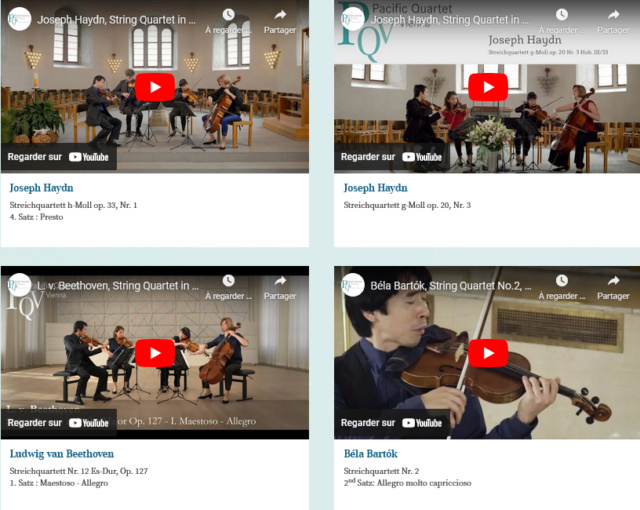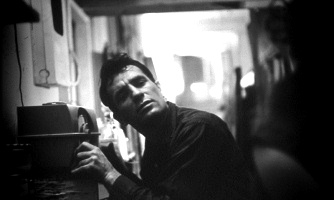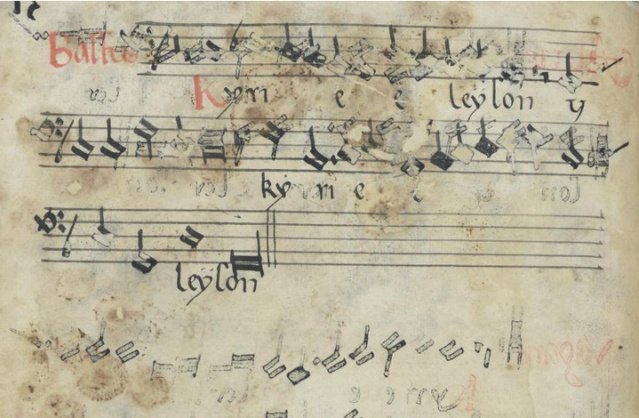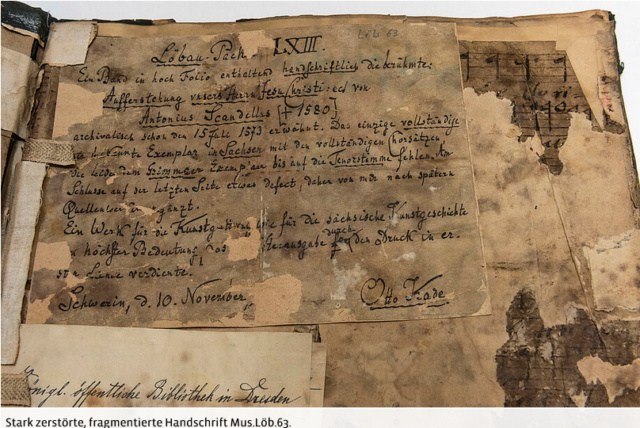Georg Friedrich Handel’s oratorio Messiah, crowned by the famous Hallelujah Choir – a magnificent finale in which the joy of resurrection also frames this year’s festival theme, rebirth. Conductor Reinhard Goebel leads the Swedish Radio Symphony Orchestra, the Swedish Radio Choir, and soloists.
The Messiah oratorio is probably to be considered Georg Friedrich Handel’s best-known work, especially outside of England. Messiah is likely one of the world’s most famous and performed oratorios; a brilliant setting of texts from the Old and New Testaments to music, by one of the truly great masters of the baroque era.
Messiah had a triumphant premiere in Dublin in 1742. When it was first performed in London in 1745, the reception was decidedly cooler, which meant that only three concerts of the planned six took place. But when the piece was performed again, having been on ice for four years, it gained ground once more. The year thereafter saw the beginning of the annual Messiah charity concerts, which continued even after Handel’s death. In 1755, Handel’s poor eyesight stopped him from leading the performances, and the baton was handed over to one of the composer’s students. Fate wanted the Messiah concert in London, 1759, to be the final concert Handel attended, eight days before he died.
Handel reworked Messiah a number of times, sometimes to adapt the piece for the various soloists that were at his disposal at the time. Others, such as Mozart, have also reworked the oratorio. Several versions, modified for the tastes of the time, were created in the 1800s, sometimes leading to monumental performances with up to 800 performers. These days, as is the case here, a more ‘Handel-faithful’ version is often performed. A complete Messiah with 68 movements and a concert length of two and a half hours is a rare occurrence.
In the 1750s, Messiah went into the world to convert new concert audiences. The piece spread from England to the European continent and the US. The oratorio, or parts of it, started being performed at concerts, festivals and religious services, and this has continued ever since. A strong tradition of performing Messiah at Christmas – if not the whole oratorio, then at least the now iconic Hallelujah chorus – has also developed.
Karin Ekedahl























